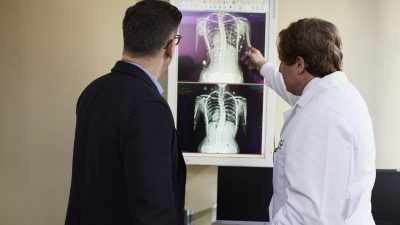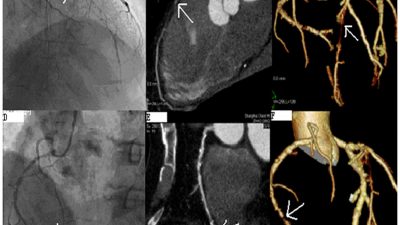The end of one year and the beginning of another often brings important opportunities to reflect on care as usual and identify opportunities for quality improvement in cardiovascular care. Some of the top cardiology stories in 2019 certainly have takeaways for clinicians looking to integrate the latest science into practice—and a number of sources have recently published their own briefs of top stories that will provide a wealth of food for thought.
Mandrola’s Top 10 Cardiology Stories of 2019 – theheart.org on Medscape
John Mandrola, MD is one of my favorite commentators on the latest cardiology news, as he consistently identifies study limitations and has a knack of excellently summarizing both big picture trends and practical takeaways for clinicians. The ISCHEMIA trial tops his list, about which we previously found a variety of perspectives. But recent insights into the long-term risks of TAVR, and its use in low-risk patients, are perhaps equally pressing for invasive cardiologists on the cutting edge of care. He summarizes his views on TAVR on page two of his commentary.

Conversations in Cardiology: In the ISCHEMIA Era, What Role for FFR? – TCTMD
Speaking of the ISCHEMIA trial, Morton Kern, MD, recently fielded a question that highlighted some clinician confusion in cases of stable ischemic heart disease as a result of its findings. Dr. Kern’s “Conversations in Cardiology” invites colleagues to add their own comments, and Accreditation for Cardiovascular Excellence’s own Chief Medical Officer, Bonnie Weiner, MD, often participates. “The critical issue here is that in the stable patient, it has not been about MI/death prevention but quality of life,” writes Weiner. “The importance of patient preference and patient/doctor discussion remains the important message.” Read more »
New Performance and Quality Measures For High BP Released – ACC
In the American College of Cardiology’s own list of top cardiology stories in 2019, the November release of new quality measures for management of high blood pressure featured as number four. The release of the set of 22 new measures significantly provides a standardized framework and a “guide to designing and implementing an evidence-based system of care for patients with high BP based on the 2017 ACC/AHA High Blood Pressure Guidelines,” says Donald E. Casey, Jr., MD, chair of the committee. The measures may be particularly useful to integrate into systems for comprehensive quality improvement across cardiovascular service delivery. Read more »
Awareness of Physician Burnout Has Peaked, But What is the Next Step in Addressing It? – Cardiology Advisor
At Accreditation for Cardiovascular Excellence, we regularly witness the importance of physician leadership in improving cardiology service quality via the accreditation process. On the other side of the same coin, we see the negative impact of physician burnout. Physician leadership is crucial to sustainable and continuous quality improvement, and physician burnout is a risk factor that may threaten that sustainability. In our last news brief, we looked at the impact of physician leadership on creating a quality culture in cardiology, and we’ve also taken a deeper look at physician burnout and outcomes in the past.
Physician burnout continued to make headlines in 2019, and this recent piece in Cardiology Advisor does an excellent job of looking back on what we’ve learned and looking forward to next steps in addressing burnout. Read more »












